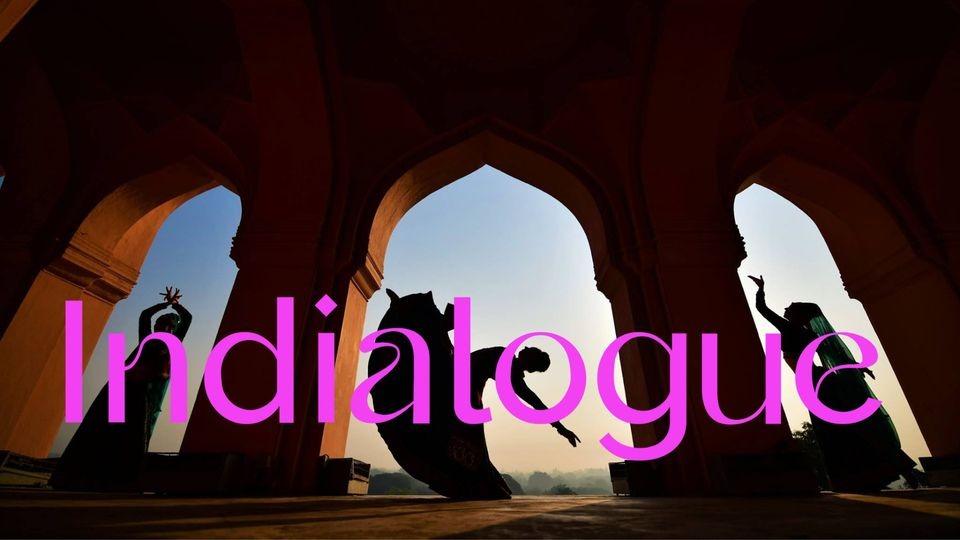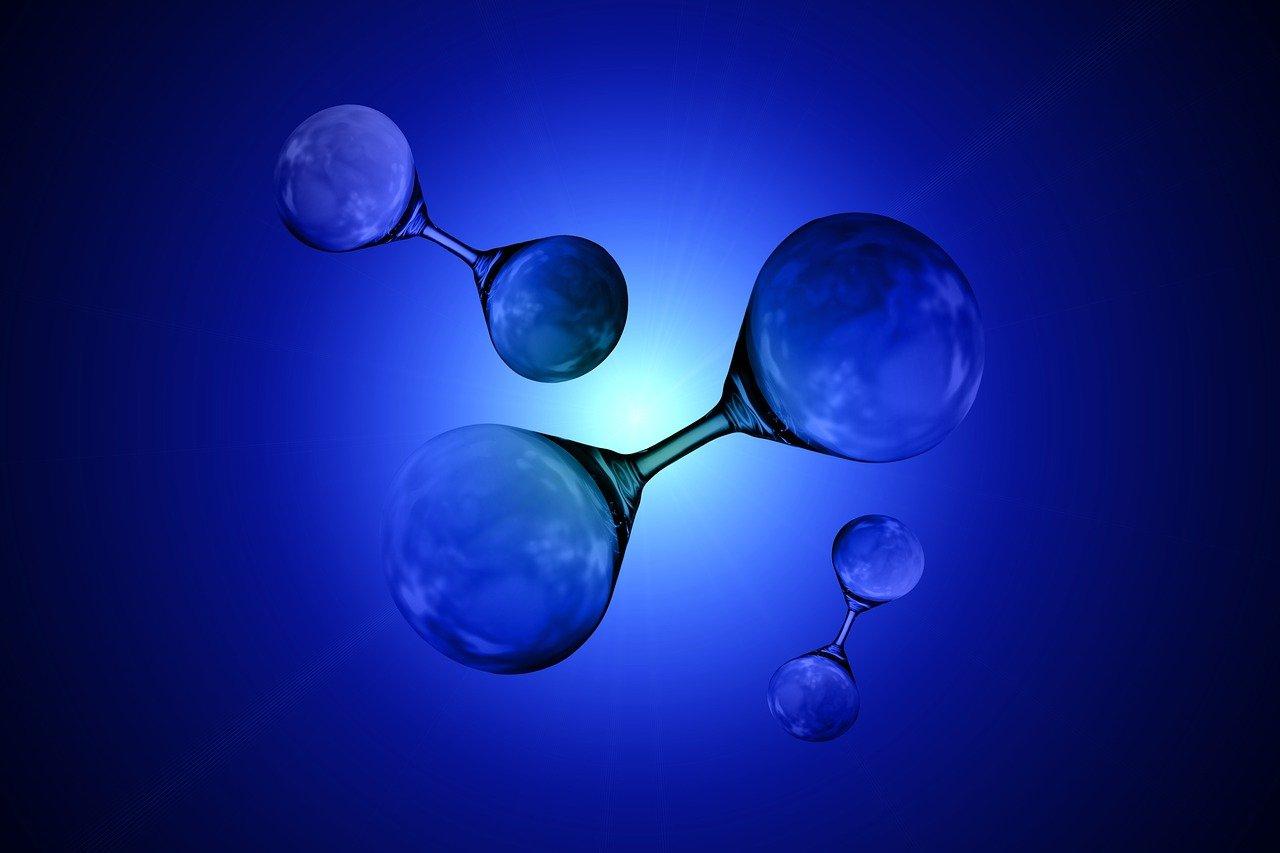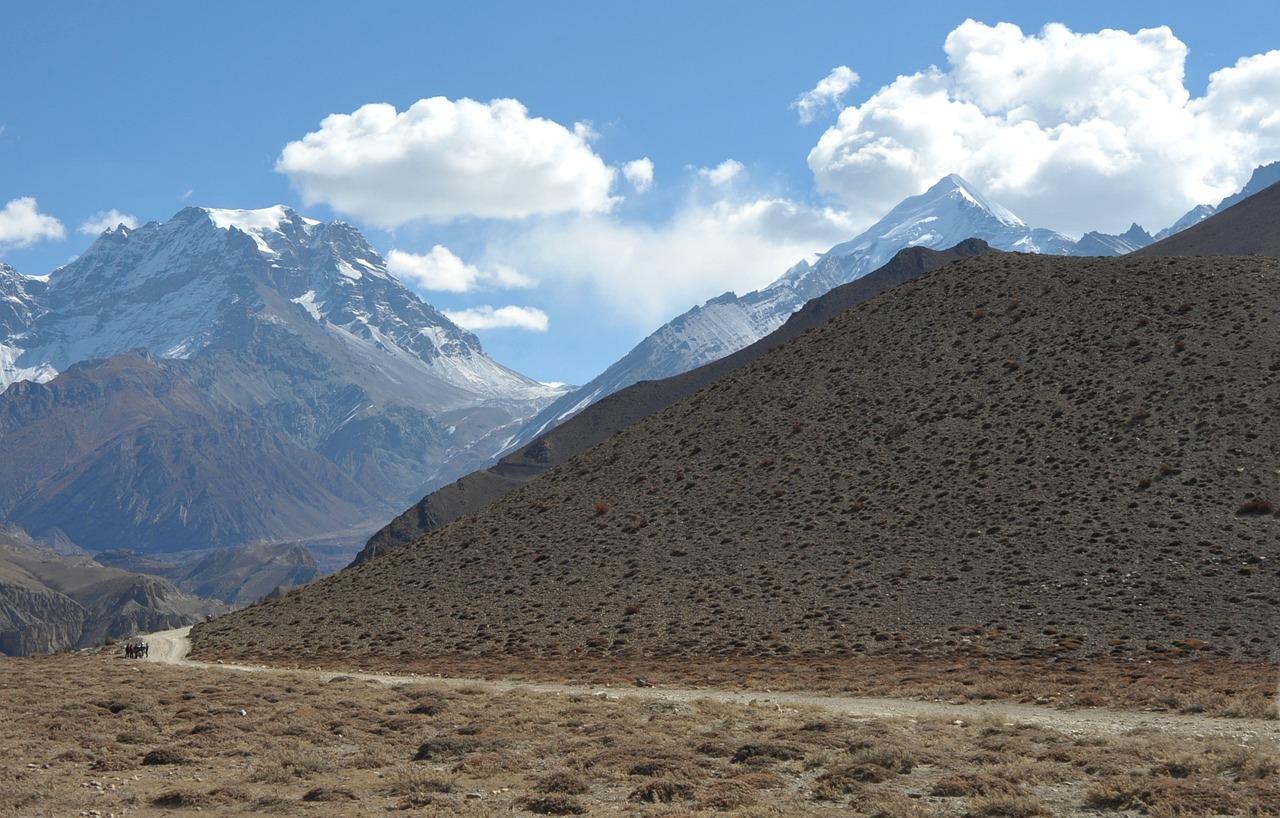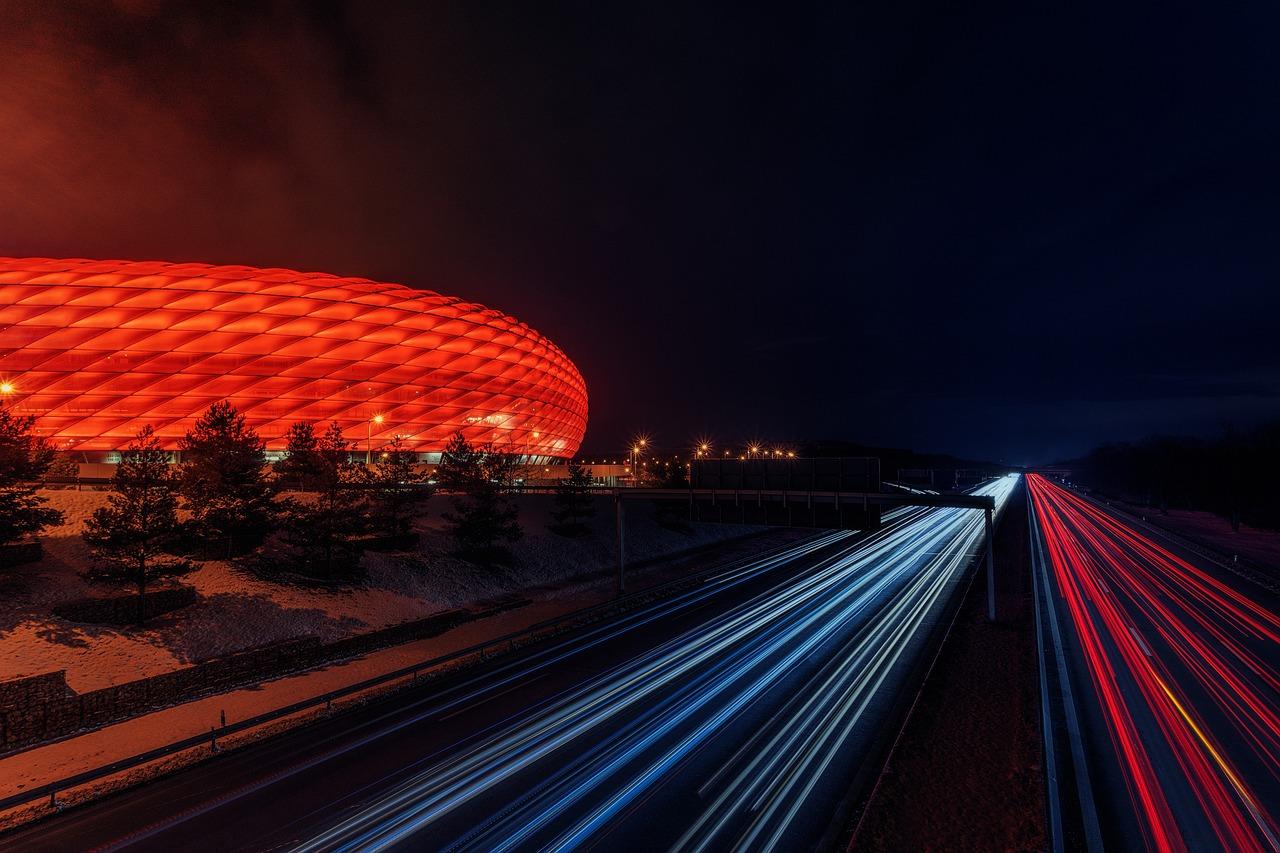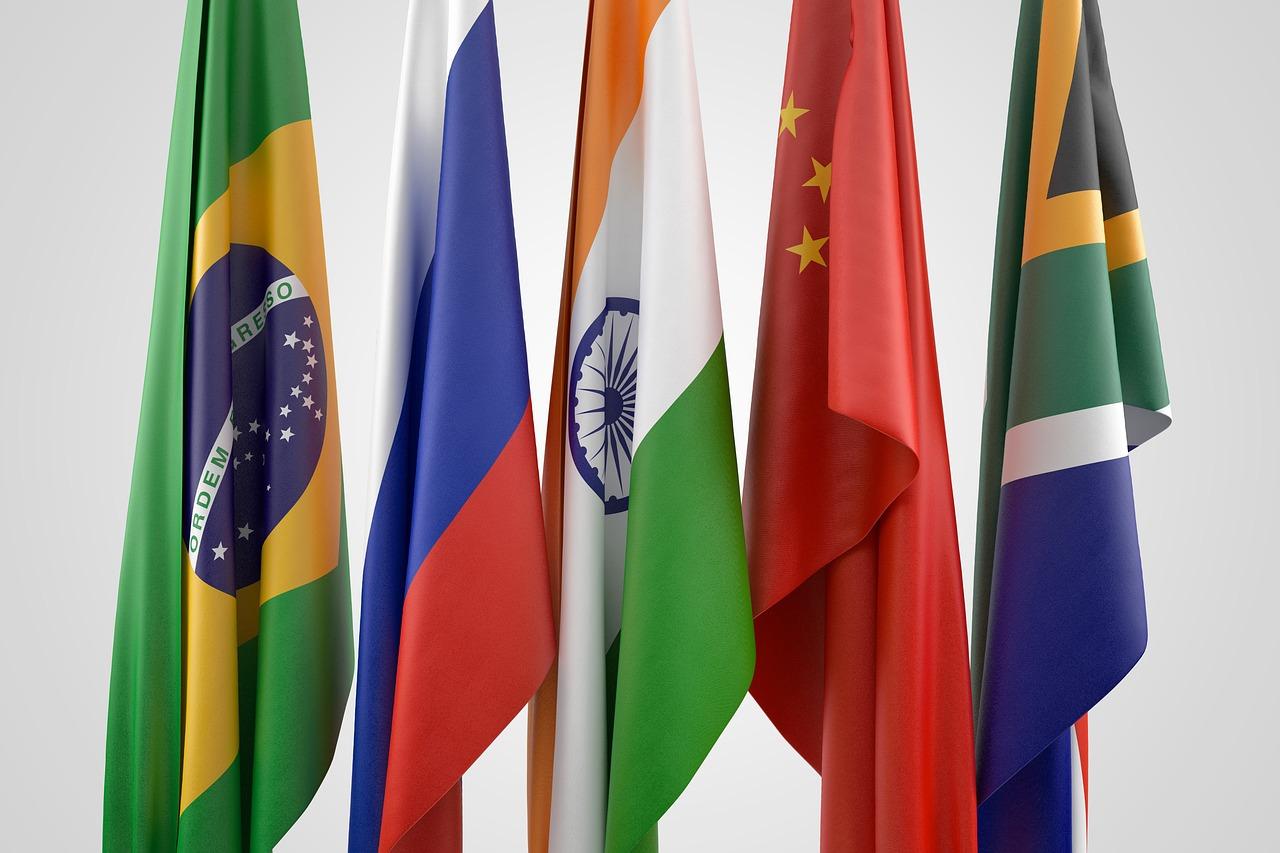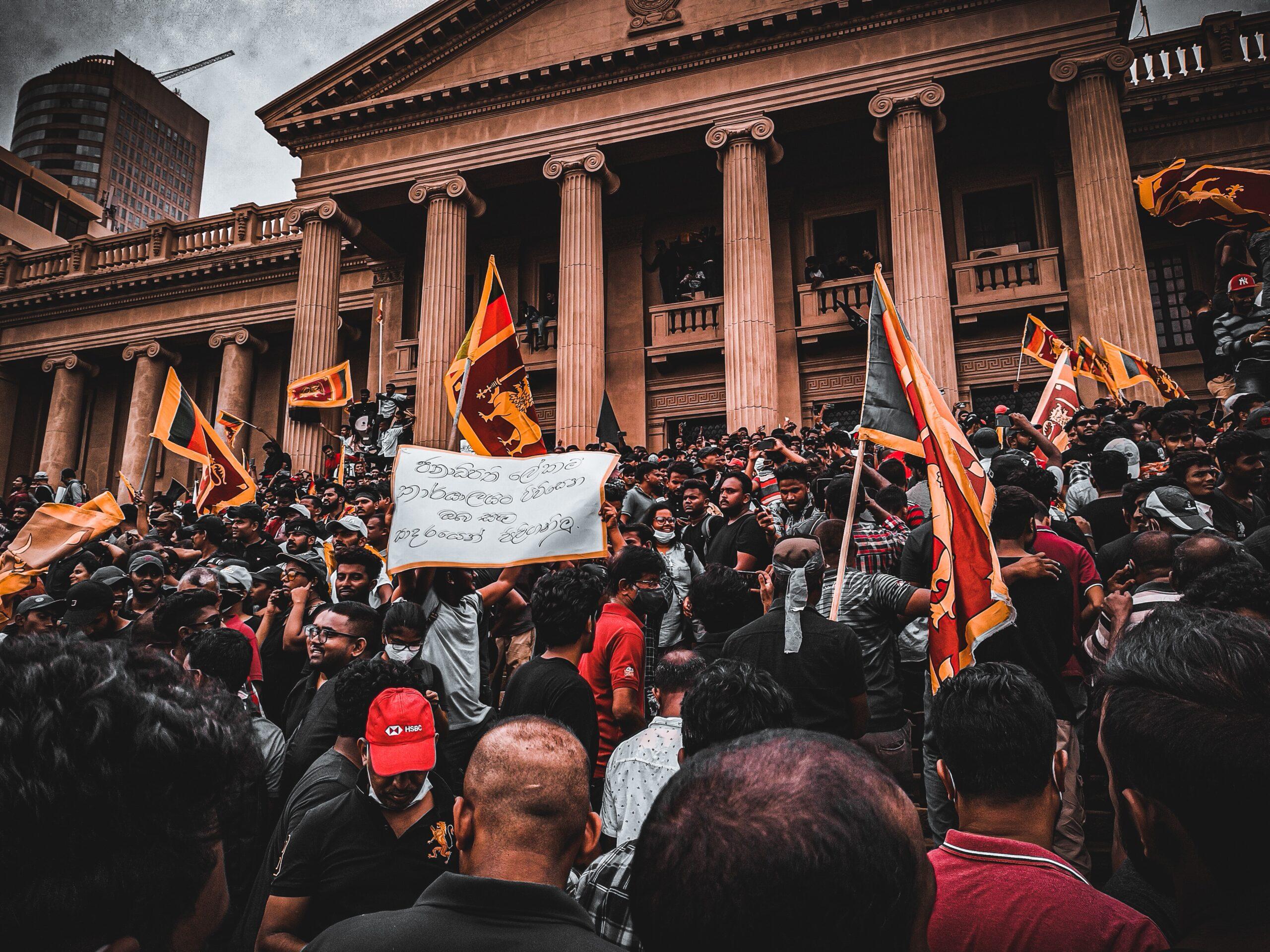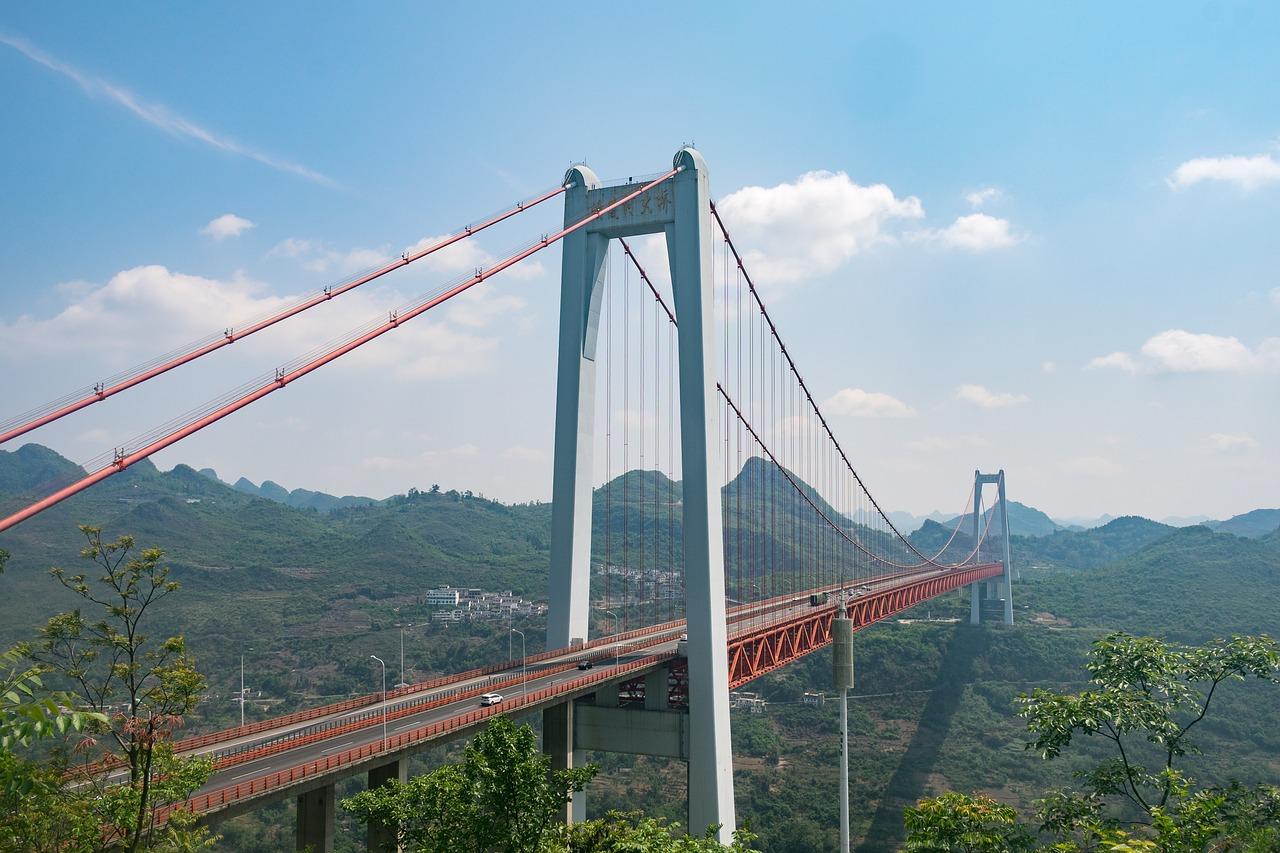
Complexities and Visions of Outer-Space between the EU and Asia
More recent global competition has reignited outer space curiosity, as well as the use of it as an illustration of a country’s competency, capability, and focus. Those States able to reach outer space by their own means demonstrate their power due to the financial strain required. Pushing back the limits of human exploration and establishing such ‘firsts’ conveys prestige and notoriety. The most recent ‘first’ was achieved on 23 August 2023. That day, the Chandayaar-3 mission led to an Indian lander known as Vikram touching down on the Lunar South Pole. There it dispatched its rover, Pragyan. This mission made India the fourth State to land an unmanned probe on the Moon after the US, Russia, and China. Moreover, it made it the first State to reach the lunar south pole.


